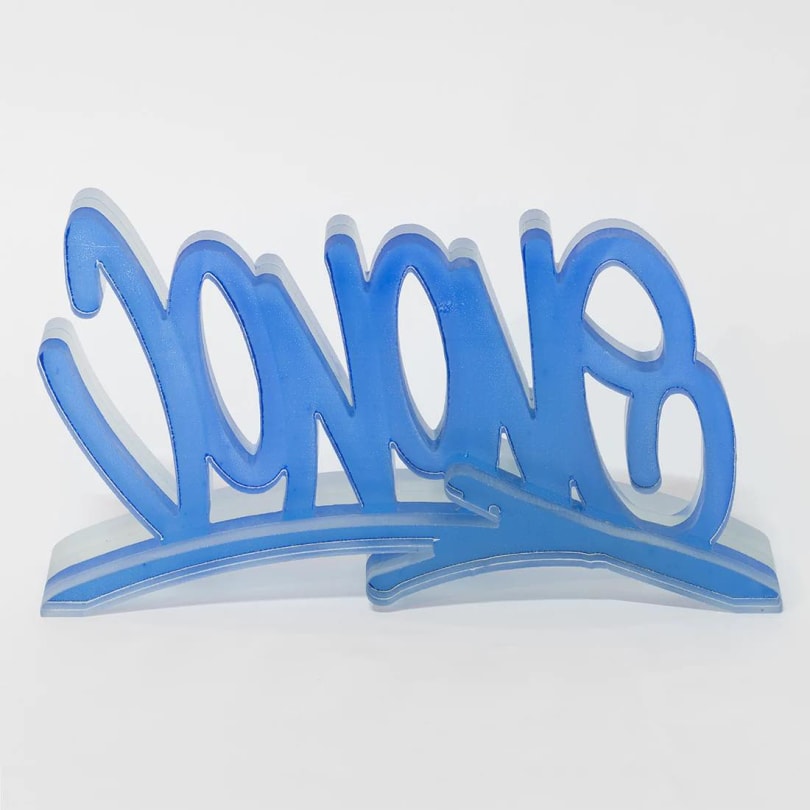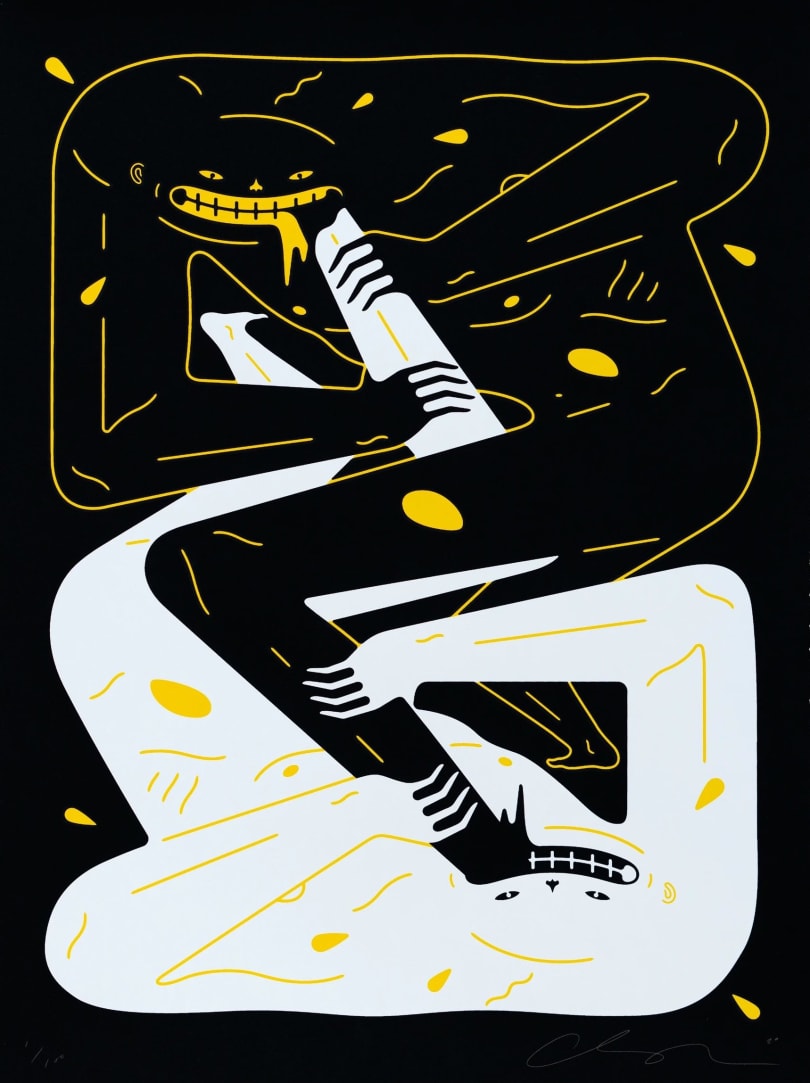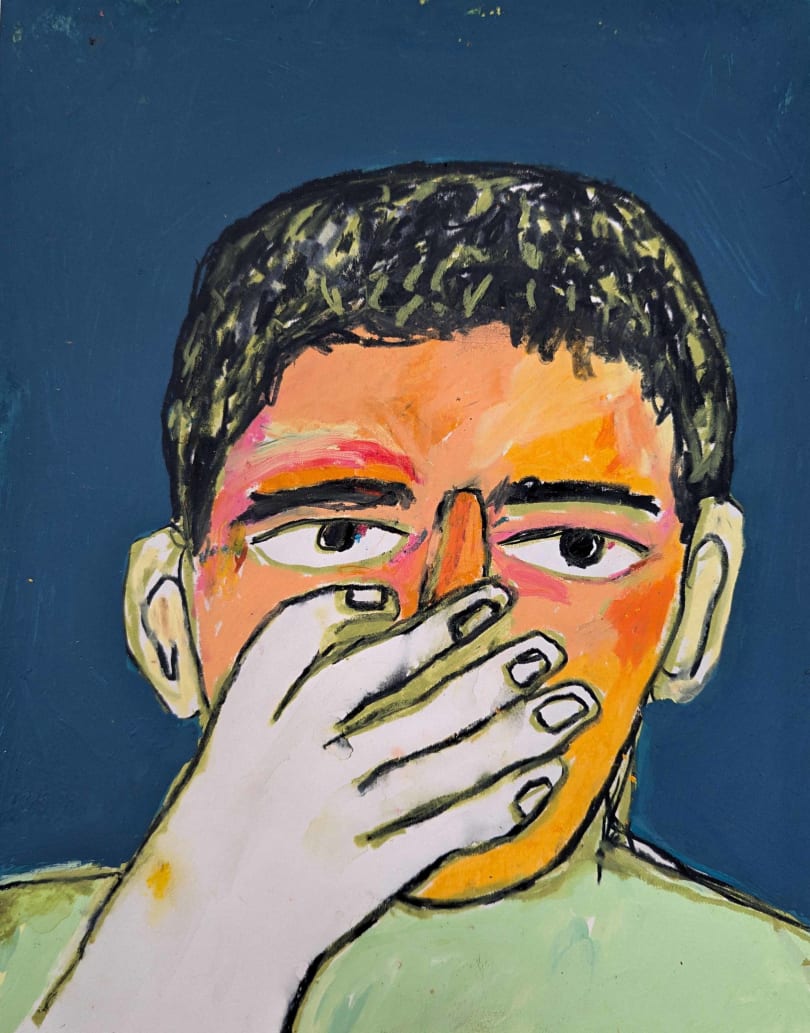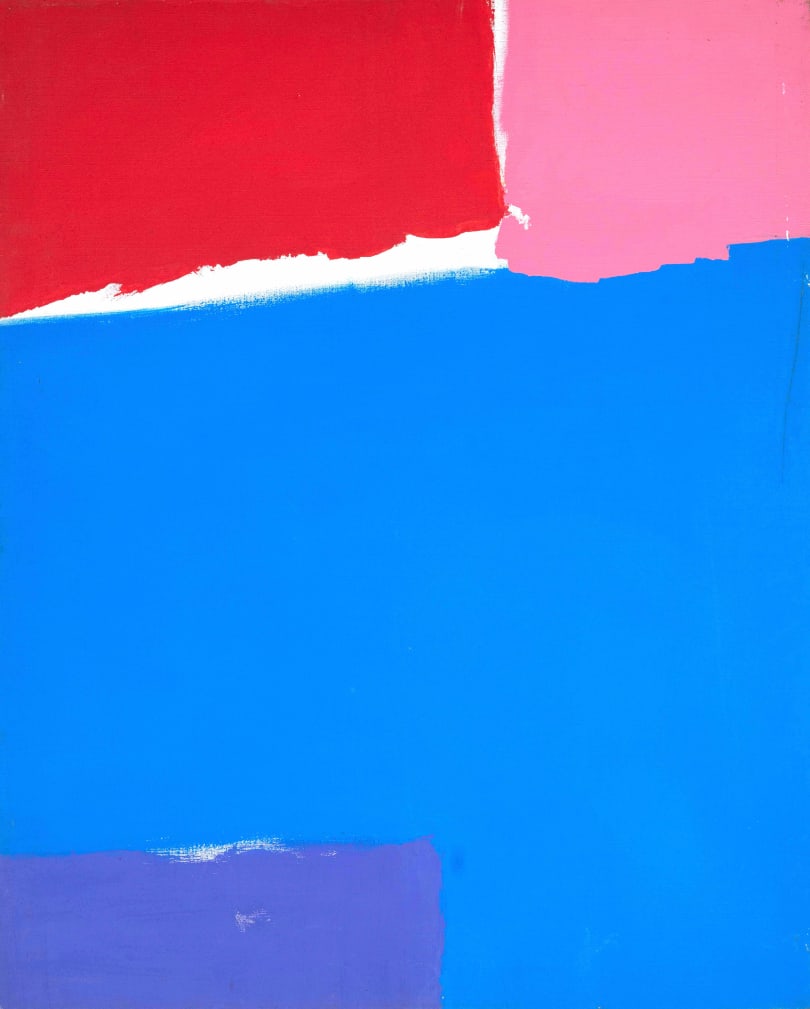
Middle Finger in Red
Category
PrintTechnique
Silkscreen printDate
2023Dimensions
60 cm x 60 cmMake an offer of
Artwork information
Category
PrintTechnique
Silkscreen printDate
2023Dimensions
60 cm x 60 cmSignature
SignedProof(s) of authenticity
Silkscreen print sold with a certificate of authenticity.State of conservation
Very goodFraming
NoLocation
Rhône-Alpes, FranceDescription
Medium : 2 colour silkscreen print on 410gsm Somerset Tub Sized Satin White paper.
Dimensions of work: 23 3/5 × 23 3/5 in | 60 × 60 cm
Finishing : Individually numbered, signed by the artist, and accompanied by a stamped certificate of authenticity.
Signed and numbered in pencil on 1285.
Bibliography
The artist

Bio
Ai Weiwei, a name that resonates as a symbol of courage, creativity, and dedication in the world of contemporary art and human rights advocacy, was born on August 28, 1957, in Beijing, China. He is the son of the renowned Chinese poet, Ai Qing, a man who profoundly influenced 20th-century Chinese literature. Ai Weiwei grew up in an environment that valued artistic expression and free thought, an upbringing that undeniably shaped his worldview and artistic commitment.
His artistic career began in China, but his renown quickly extended far beyond national borders. Ai Weiwei is a versatile artist, exploring various artistic mediums, including sculpture, photography, architecture, and installations. His work is characterized by bold social and political critique, often denouncing injustices, abuses of power, and contemporary conflicts.
Ai Weiwei's formative years were enriched by his time in New York during the 1980s. He studied at the Parsons School of Art and Design and immersed himself in the vibrant artistic scene of the city, establishing connections with major artists of the time. This experience broadened his artistic horizons and encouraged him to explore new avenues in his quest for artistic freedom.
In 1993, Ai Weiwei returned to China and co-founded the "Stars" artist group. This collective played a pivotal role in the emergence of contemporary art in China by breaking traditional artistic conventions and exploring innovative forms of expression. This marked the beginning of Ai Weiwei's international career, where he rapidly gained recognition as a prominent artist on the global stage.
Ai Weiwei emerged as a committed artist, using his art to champion human rights, freedom of expression, and democracy. His works often reflect his activism, such as the 2009 installation Remembering comprised of thousands of school backpacks as a tribute to the children who perished in the 2008 Sichuan earthquake. This poignant artwork drew global attention to the suffering endured by children during that catastrophe and the need for transparency and accountability in China.
His commitment came with consequences. In 2011, Ai Weiwei was arrested by Chinese authorities for his criticisms of the regime and detained for 81 days. This ordeal, however, did not diminish his determination to continue his artistic work and activism. After his release, he continued to create thought-provoking and inspiring works, including S.A.C.R.E.D. (2013), a series of six dioramas representing key moments from his detention.
Ai Weiwei is also an architectural visionary, having designed the Beijing National Stadium, often dubbed the "Bird's Nest," for the 2008 Olympics. This iconic structure captivated the world with its bold and innovative design.
His exhibitions have been showcased in world-renowned museums, such as the Tate Modern in London, the MoMA in New York, and numerous other major art institutions. His works have reached international audiences and sparked discussions on topics like censorship, surveillance, migration, and the refugee crisis.
Beyond his artistic work, Ai Weiwei is a fervent advocate for human rights and freedom of expression. He actively uses social media to communicate his ideas and critiques and is recognized for his influential voice in the global discourse on China and human rights. Furthermore, he has contributed to making art a means of raising awareness about global issues and a tool for peaceful resistance.
Ai Weiwei remains a prominent artist of the 21st century, with his art and activism continuing to inspire and provoke thought across the world. His impact on contemporary art and society at large is undeniable, making him an emblematic figure of our era whose courage and commitment remind us all of the power of art for change and justice.









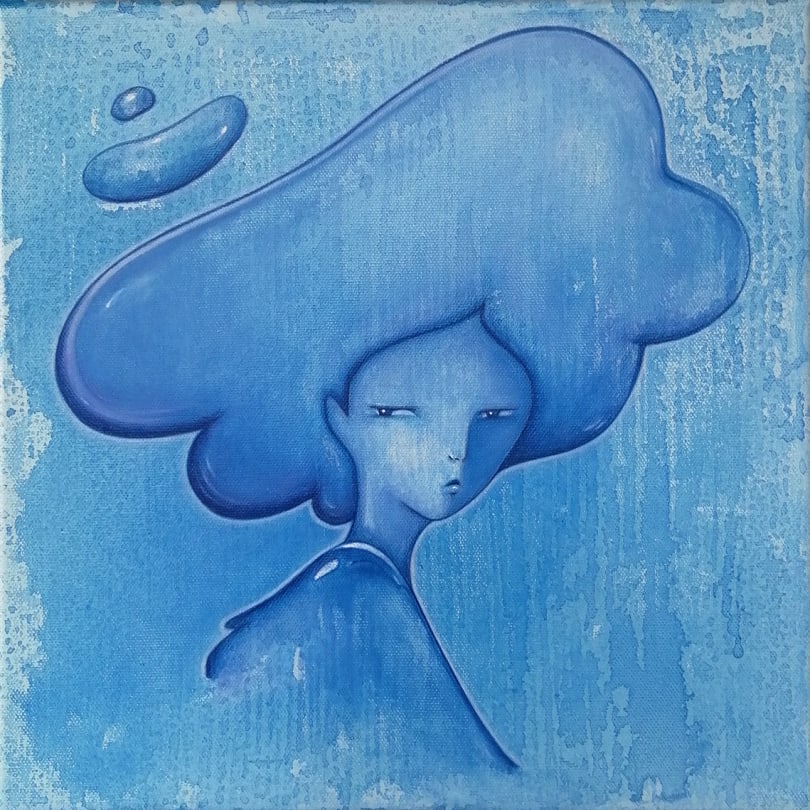



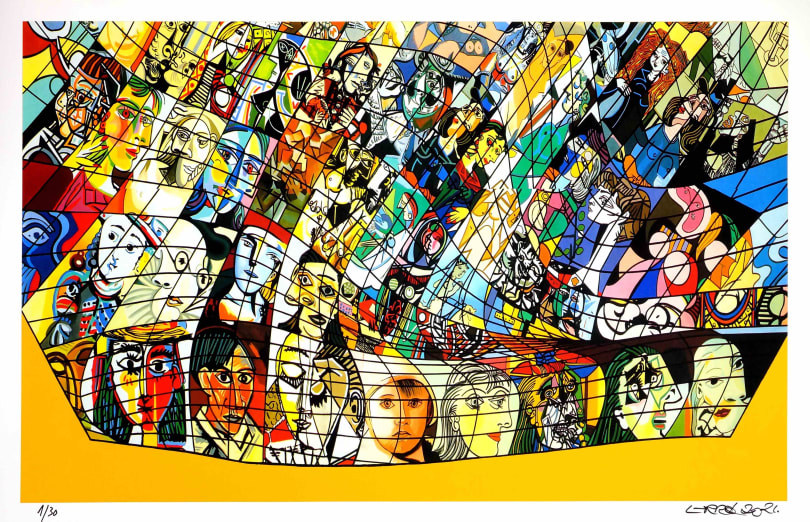
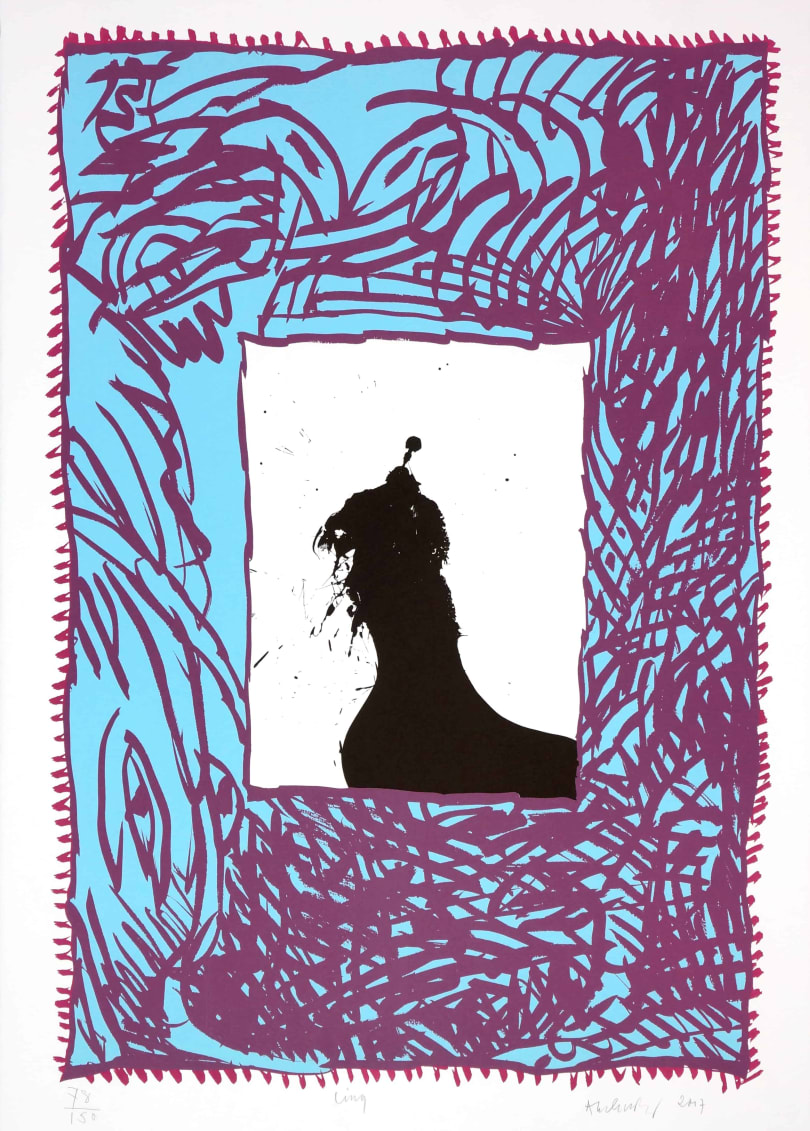







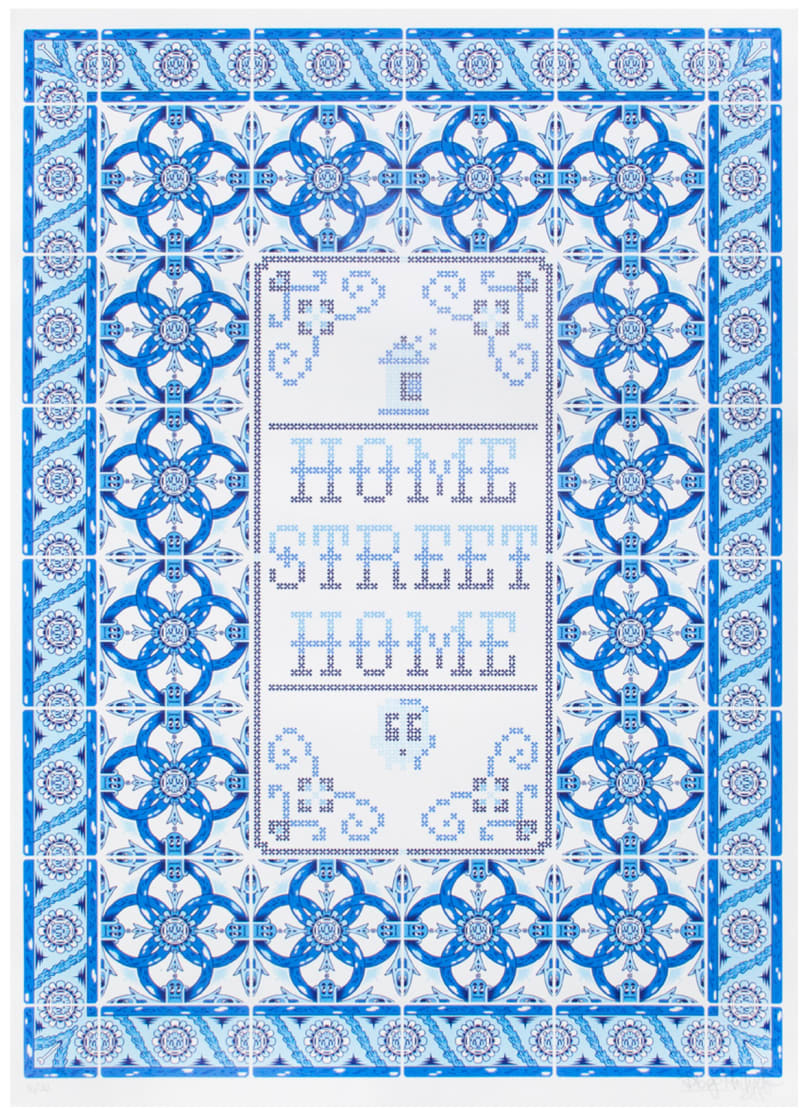


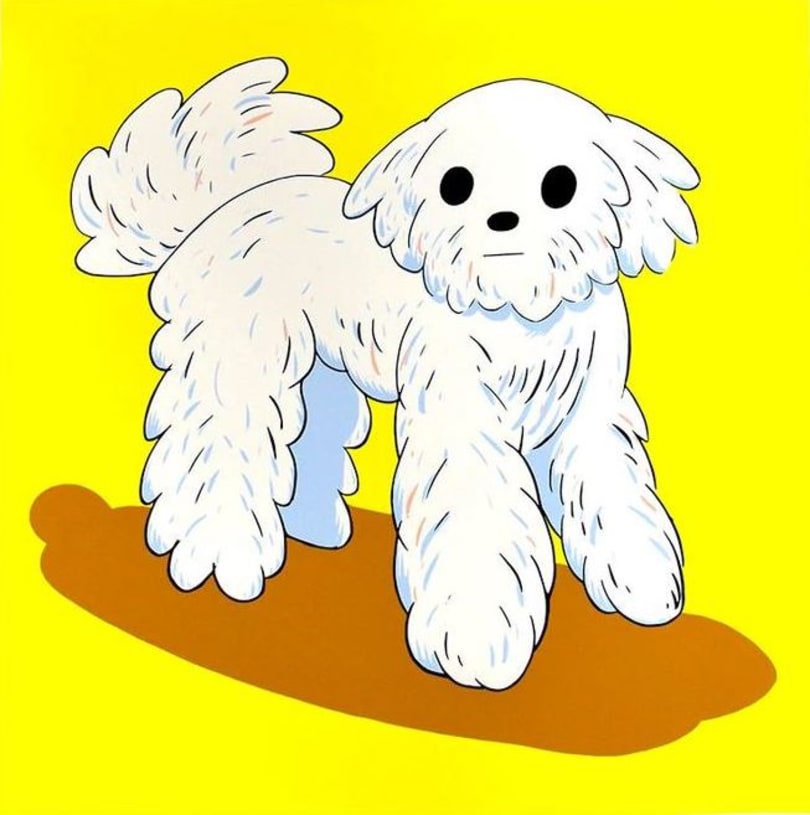
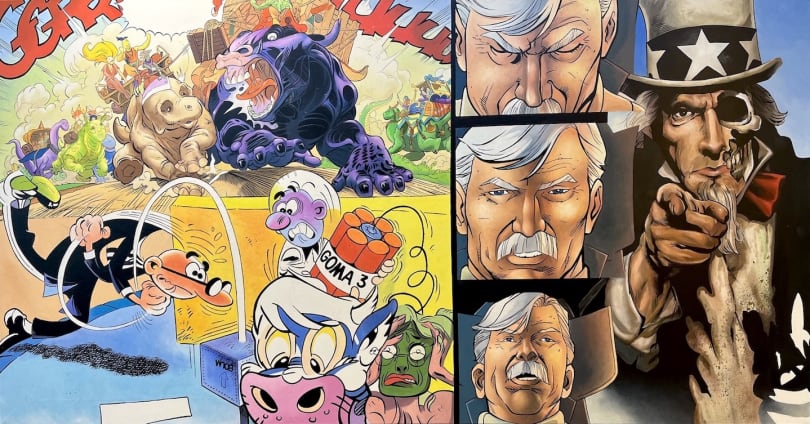


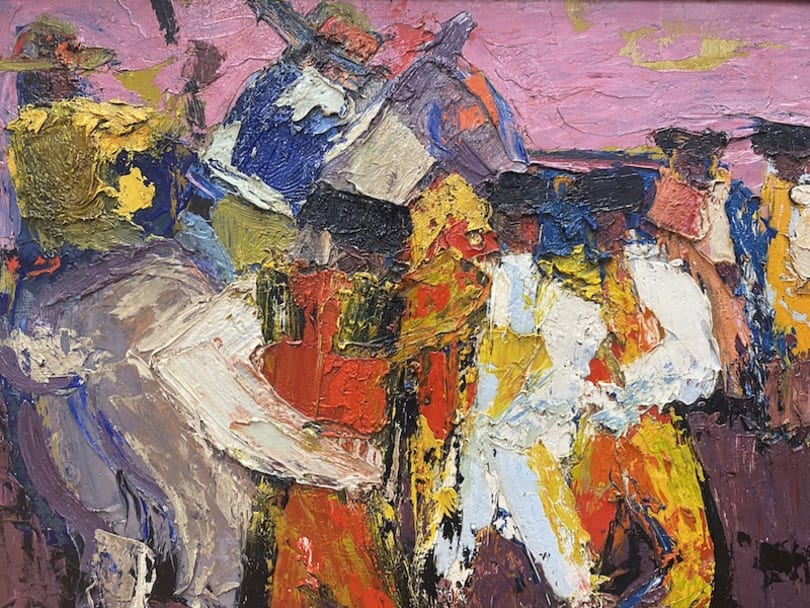
.jpg)


.jpg)


